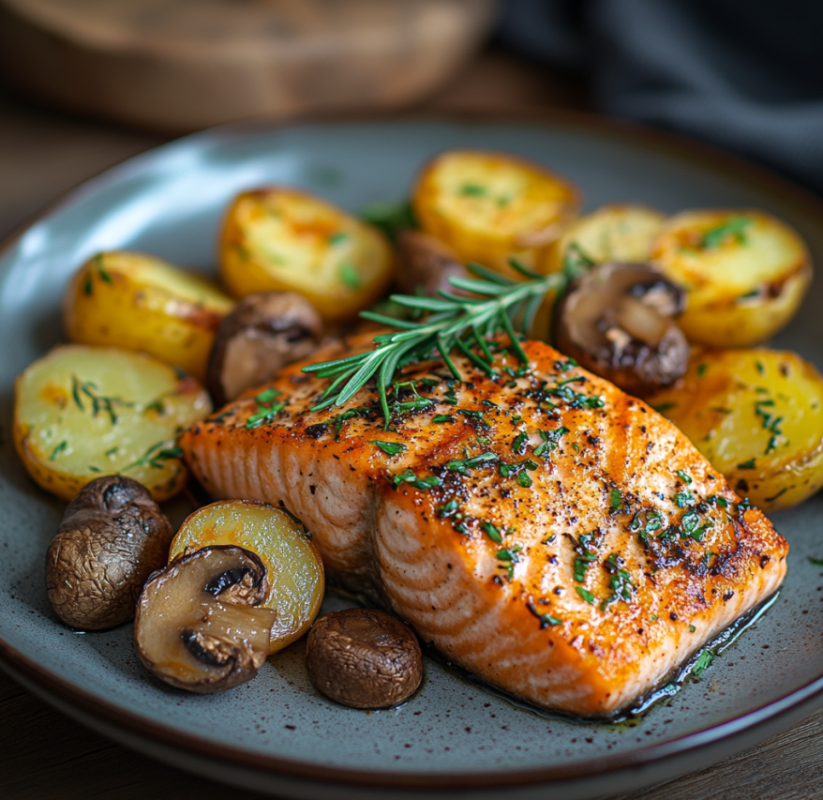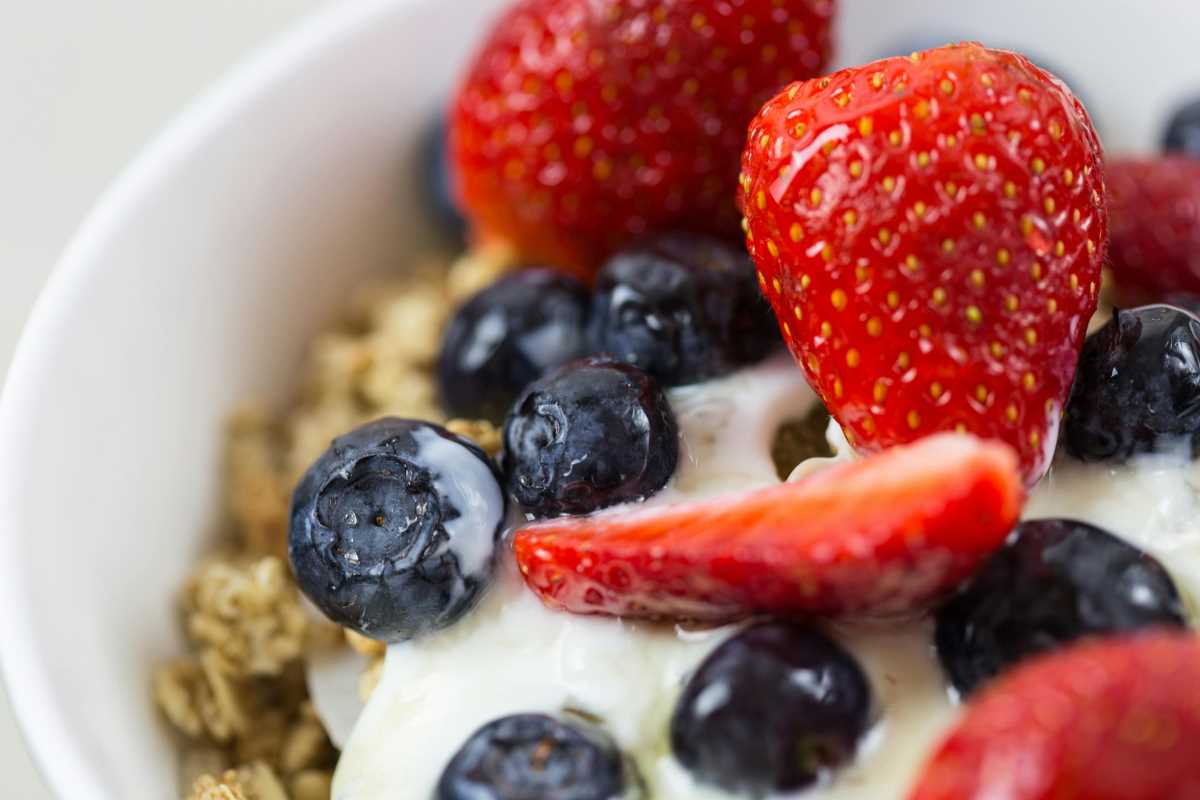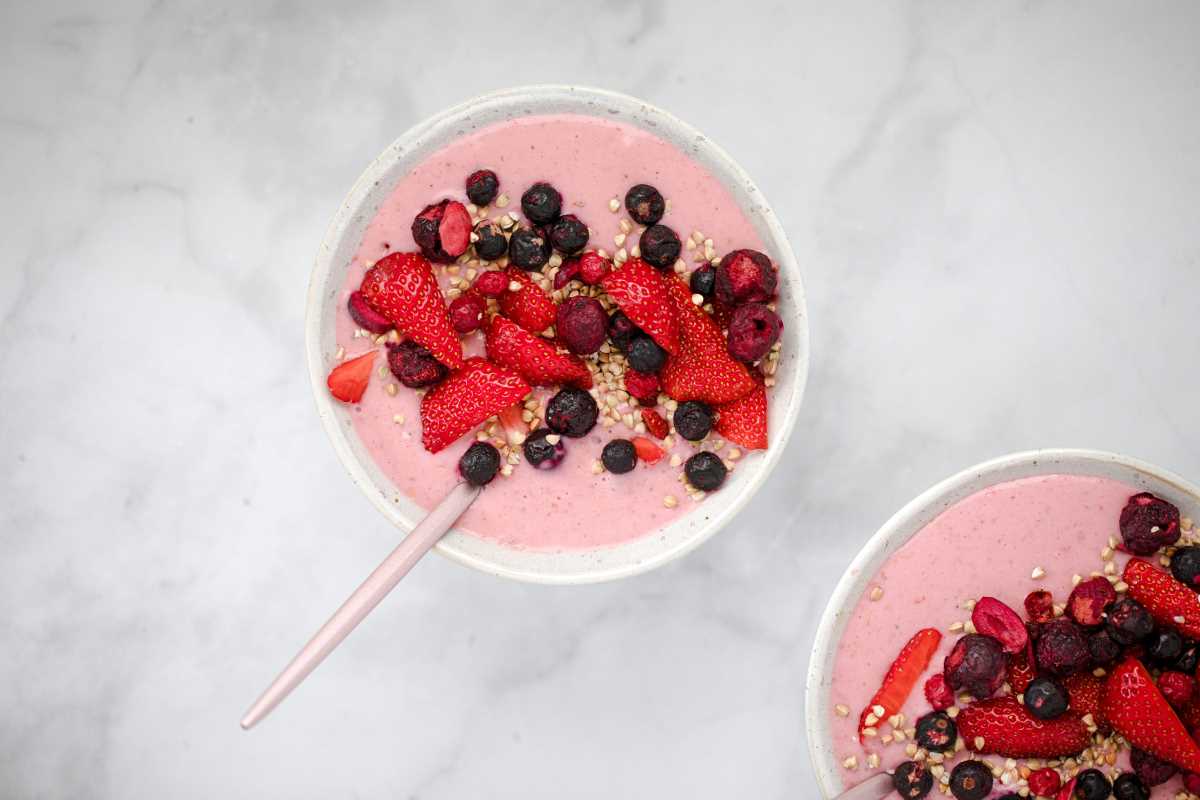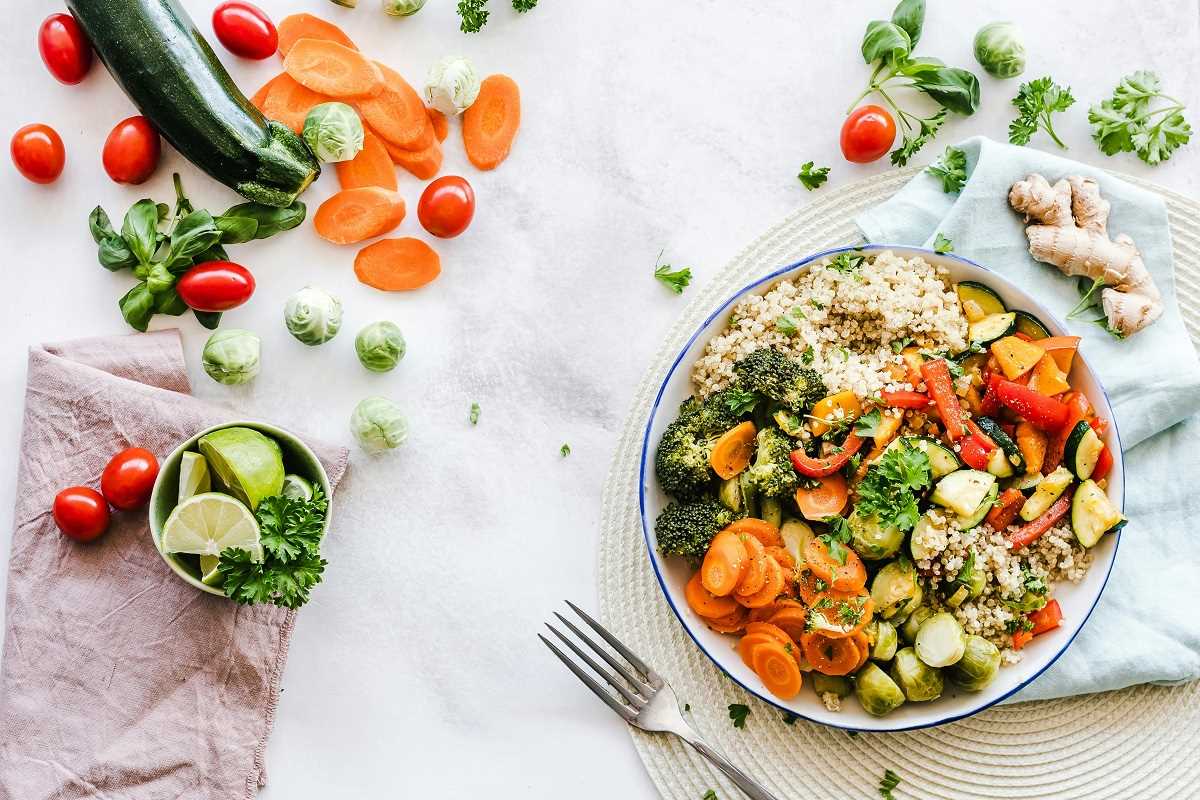Switching to a vegan diet can feel like stepping into a new world, but it’s one that’s full of vibrant opportunities for health, happiness, and sustainability. For many seniors, adopting a plant-based lifestyle isn’t just about food choices; it’s about living in a way that nurtures both the body and spirit. But like any lifestyle change, it takes a bit of learning and adjustment at first. If you're considering trying out veganism or just want to eat more plant-based meals, this guide will help you thrive on this exciting path.
Why Choose a Vegan Diet?
The benefits of choosing a vegan lifestyle go far beyond avoiding animal products. From boosting your health to promoting a more sustainable planet, the reasons are compelling.
A Healthier You
A well-planned vegan diet is packed with fiber, vitamins, and antioxidants that support your overall well-being. Eating a variety of fresh fruits, leafy greens, nuts, and grains can help reduce the risk of chronic conditions like heart disease, type 2 diabetes, and certain cancers. And for seniors, maintaining bone health becomes more important than ever. Many plant-based foods like fortified plant milks, leafy greens, and tofu provide calcium crucial for strong bones.
Gentle on the Planet
Choosing to eat vegan also helps the environment. Raising animals for food requires vast amounts of land, water, and resources, contributing to deforestation and greenhouse gas emissions. By opting for plant-based meals, you can reduce your carbon footprint and make a difference for future generations.
Compassion in Every Bite
A vegan lifestyle prioritizes kindness, as it avoids the use of any products derived from animals. For many, this compassionate approach is deeply rewarding, creating a sense of alignment between beliefs and actions.
Building the Foundation of a Vegan Lifestyle
Getting started on a plant-based path might sound daunting, but it doesn’t have to be. The key is to ease into the transition at a pace that feels comfortable for you.
Start Small
You don’t need to overhaul your pantry overnight! Begin with a meal or two each week that’s entirely plant-based. Experiment with recipes for breakfast smoothies, hearty salads, or veggie-packed soups. Gradually, you’ll find flavors and dishes that you love.
Keep Your Plate Balanced
A healthy vegan diet is all about variety. Your meals should include a mix of protein, complex carbohydrates, healthy fats, and plenty of colorful vegetables. Think of your plate as a canvas, with each type of food bringing its own shade of nourishment.
For protein, turn to beans, lentils, tofu, tempeh, chickpeas, and edamame. Whole grains like quinoa, brown rice, and farro are excellent sources of energy, while nuts and seeds offer heart-healthy fats. Don’t forget leafy greens and cruciferous veggies like broccoli and Brussels sprouts, which are nutrient powerhouses!
Fill Your Pantry Wisely
Stock your kitchen with vegan staples that make meals easier to whip up. Ingredients like canned beans, dried lentils, rolled oats, whole-wheat pasta, plant-based milks, and nut butters are versatile and budget-friendly. Spices such as cumin, turmeric, paprika, and garlic powder will also bring bold flavors to your dishes.
Focus on Whole Foods
While vegan cookies, chips, and frozen meals are tempting, they’re often loaded with salt, sugar, and additives. To feel your best, prioritize whole, minimally processed foods. That said, treats have their place too, so don’t feel guilty about indulging every now and then!
Common Myths About Vegan Diets
There are plenty of misconceptions about vegan diets, and busting these myths may make your transition smoother.
Myth 1: Vegans don’t get enough protein.
Reality: Vegans have an abundance of protein options! Foods like lentils, black beans, chickpeas, tofu, tempeh, seitan, nuts, and seeds are excellent sources. Even vegetables and grains like broccoli and quinoa pack a protein punch.
Myth 2: It’s difficult and expensive to be vegan.
Reality: While high-end vegan products can be pricey, staples like beans, rice, potatoes, and seasonal produce are affordable and widely available. Planning meals and shopping smartly can keep your budget in check.
Myth 3: Vegan food lacks flavor.
Reality: With the right herbs, spices, and sauces, vegan dishes can be bursting with flavor. From creamy cashew-based pasta sauces to smoky barbecue jackfruit, plant-based cooking is as creative as it is delicious.
Simple Plant-Based Recipes to Try
Cooking vegan meals doesn’t have to be complicated. Here are a few easy recipes to get you started on your culinary adventure.
Energizing Green Smoothie
This quick breakfast is perfect for busy mornings. Blend together:
- 1 cup of spinach
- 1 frozen banana
- 1/2 cup of unsweetened almond milk
- 1 tablespoon of peanut butter
- A handful of ice
You’ll have a creamy, nourishing drink that’s packed with fiber and vitamins.
Hearty Lentil Soup
Warm and comforting, this soup comes together in under an hour.
- Sauté a diced onion, carrot, and celery stalk in olive oil until soft.
- Add 1 cup of lentils, 4 cups of vegetable broth, and your favorite spices like cumin and smoked paprika.
- Simmer until the lentils are tender, about 30-40 minutes. Serve with a slice of crusty bread.
Chickpea Salad Sandwich
A fresh twist on a classic, this sandwich filling is sure to delight.
- Mash 1 cup of chickpeas with 2 tablespoons of vegan mayo, diced celery, and a squeeze of lemon juice.
- Add salt, pepper, and a sprinkle of dill for flavor. Spread your mixture over whole-grain bread, add some lettuce, and enjoy!
Staying Connected and Inspired
One of the joys of choosing a vegan lifestyle is connecting with other like-minded people who share the same passion for plant-based living. Join online forums or local meet-up groups where you can swap recipes, share tips, and learn from others' experiences. Many vegan communities even host potlucks and events!
Also, keep learning and exploring new recipes, flavors, and plant-based innovations. Follow vegan chefs or bloggers, browse cookbooks, or take a plant-based cooking class to expand your repertoire.
You don’t have to commit to perfection to feel the benefits of going plant-based. Every small step you take, whether it’s swapping cow’s milk for almond milk or enjoying Meatless Mondays, makes a difference for your body, the planet, and animals.
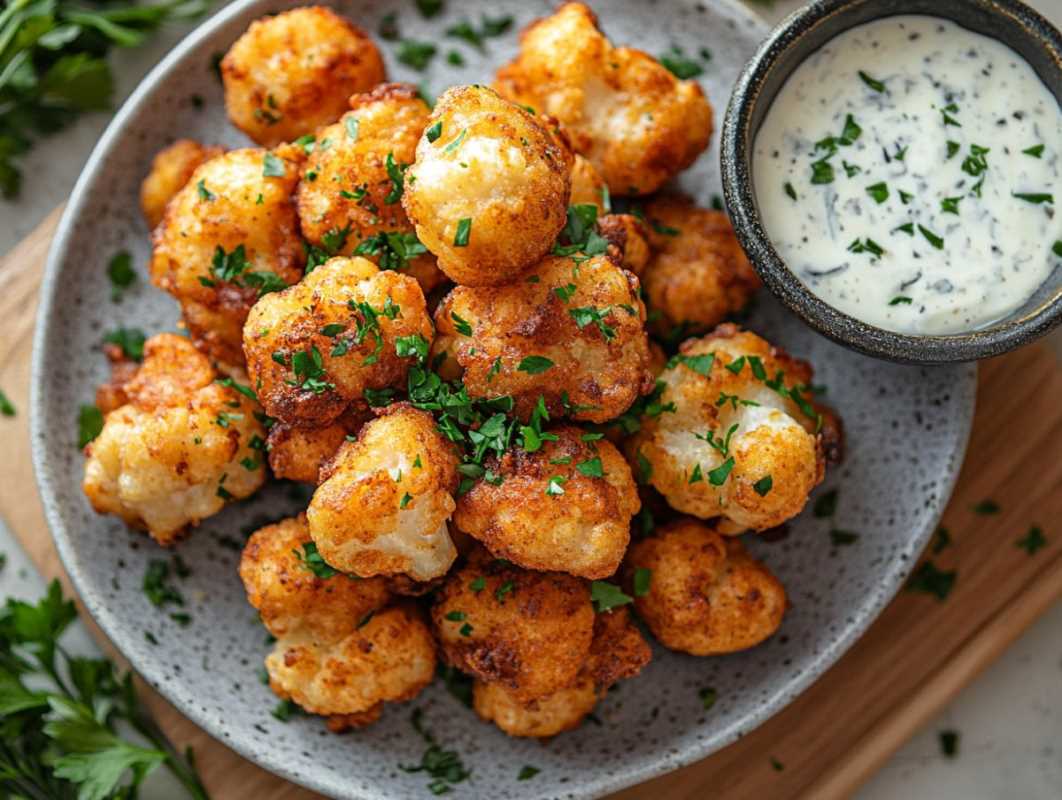 (Image source: Midjourney)
(Image source: Midjourney) 
